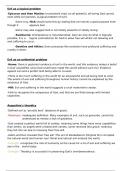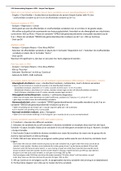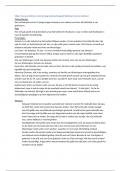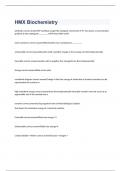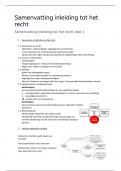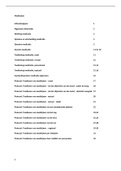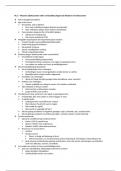Summary
A/AS Level RS Problem of Evil: A* level summary notes
- Institution
- OCR
In depth and detailed summary notes for OCR Religious Studies: Problem of Evil. Made by an A* student who is now studying at Oxford. Comprehensive notes perfect for essay plans.
[Show more]
